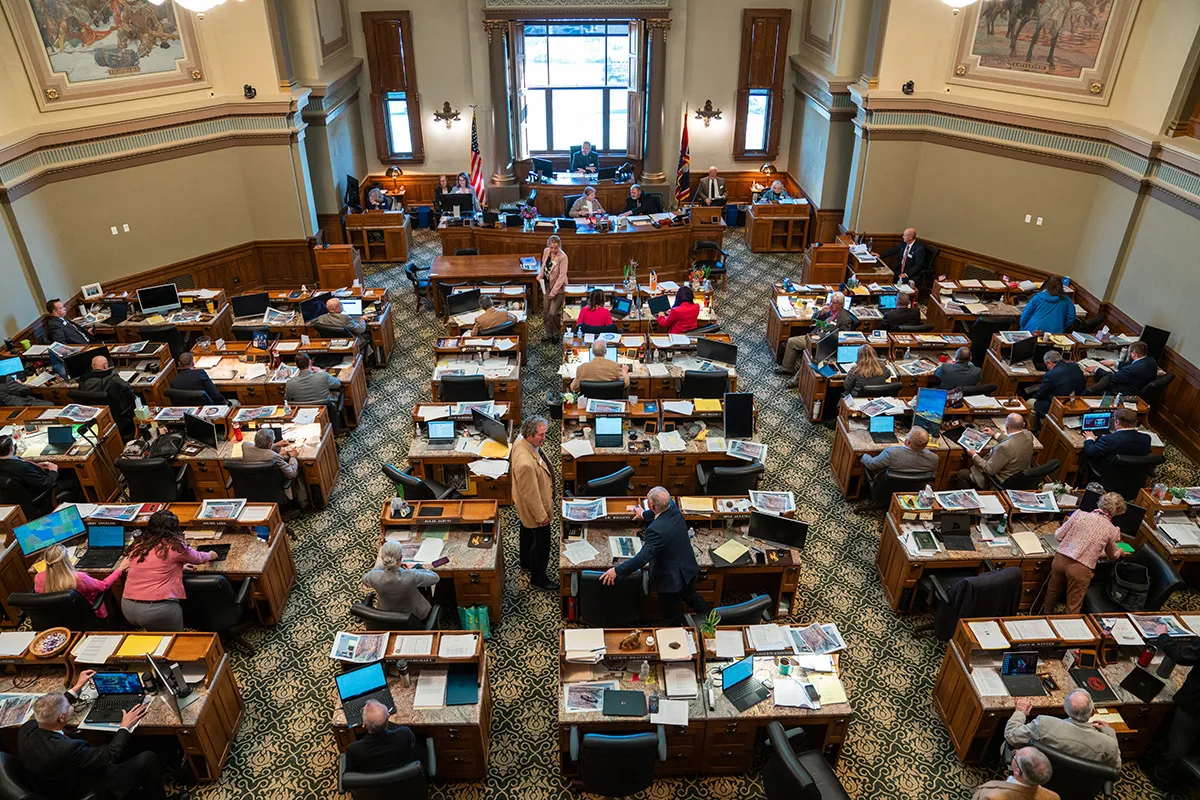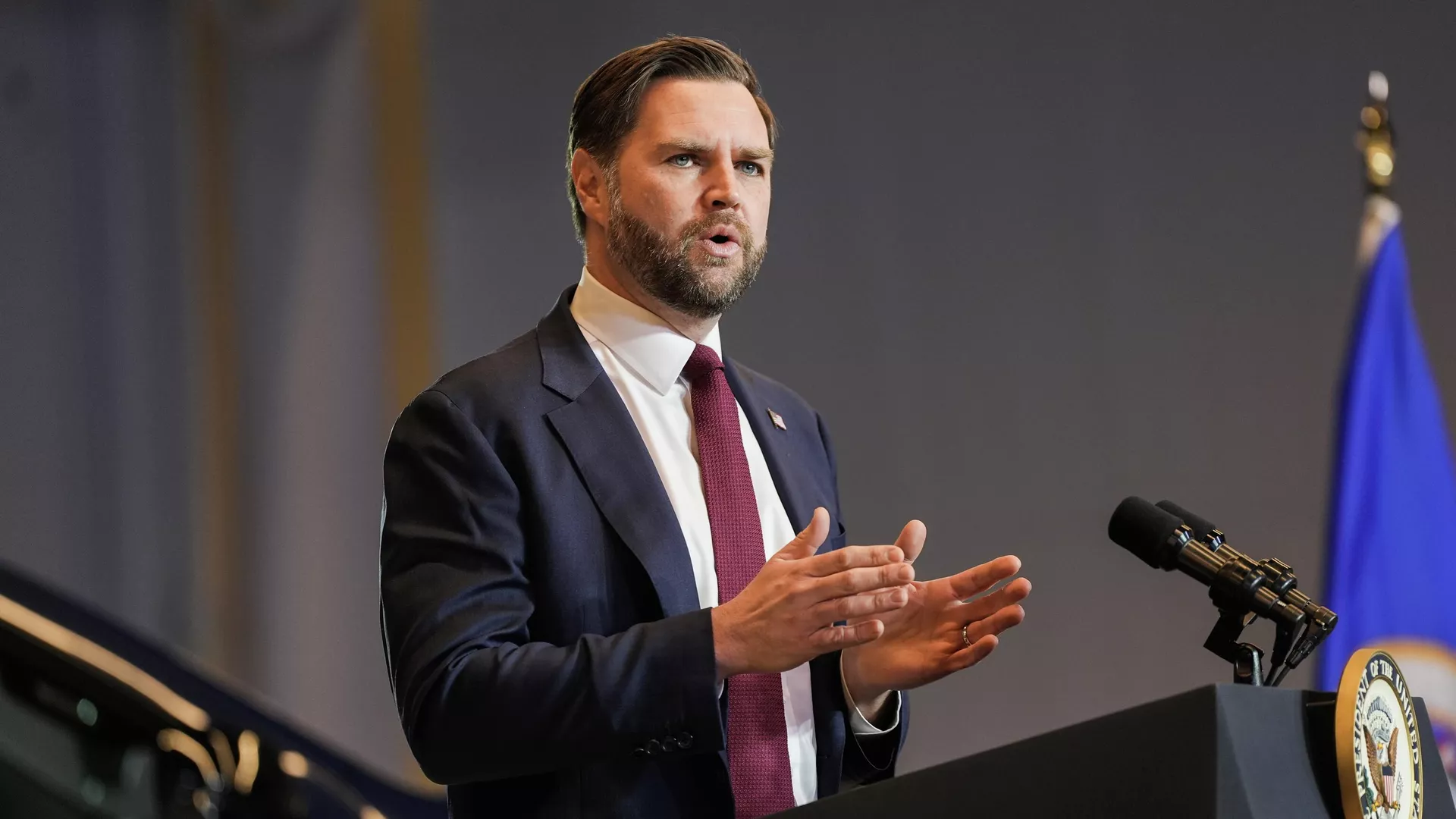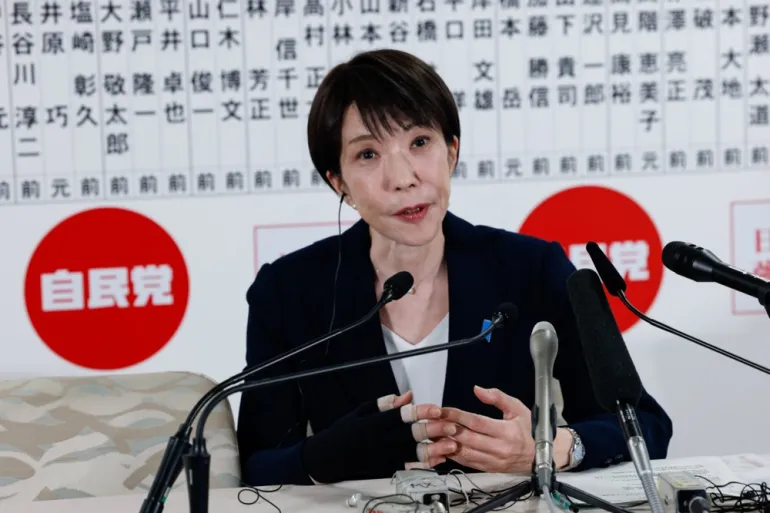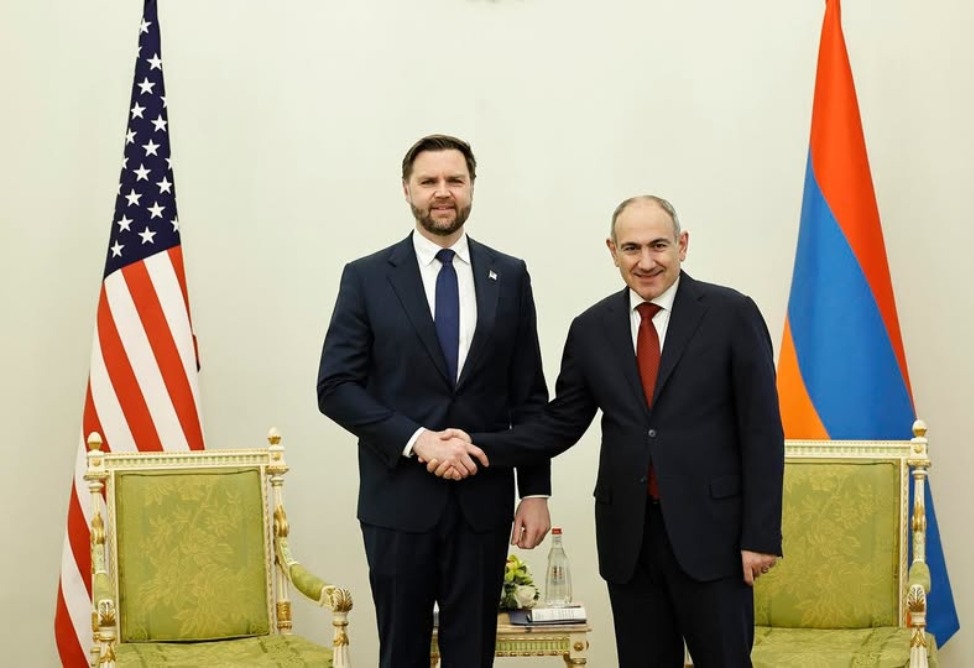The recent acquisition of US Steel by Japan’s Nippon Steel, finalized this week, has stirred controversy among Republicans due to President Donald Trump’s involvement in approving the deal, reversing his previous opposition and introducing unusual government oversight into the private sector, MSNBC reports.
Former President Joe Biden had blocked Nippon Steel’s attempt to acquire US Steel prior to leaving office, citing national security concerns. At the time, Donald Trump, then on the campaign trail, publicly opposed the deal, aligning briefly with Biden’s stance.
However, after returning to the presidency, Trump changed his stance, allowing the transaction to proceed. As a result, US Steel ceased trading on the New York Stock Exchange this week, becoming a wholly-owned subsidiary of Nippon Steel North America.
Initially, Trump described the arrangement as a “partnership,” implying continued partial American ownership. In statements on social media, Trump said it would be a joint investment with Nippon Steel holding partial ownership. These comments generated uncertainty among investors and political observers.
Clarification came Wednesday when both companies formally announced they had completed the merger as originally planned, confirming Nippon’s full ownership of US Steel.
Despite Nippon’s full ownership, Trump negotiated a highly unusual provision known as a “golden share,” granting the US president significant veto powers over the company’s operations. Specifically, the president can now veto:
Changing the company’s name or relocating its headquarters away from Pittsburgh.
Moving US Steel operations outside the US.
Decisions about reducing US-based manufacturing jobs or closing domestic facilities.
Reducing capital investments outlined under national security agreements.
Significant acquisitions of US-based competing businesses.
Furthermore, the president will have a role in influencing US Steel’s board of directors.
This arrangement has raised eyebrows among Republicans and market-oriented observers, who see it as contrary to longstanding conservative principles favoring free markets and limited government intervention.
The editorial board of The Washington Post described Trump’s actions as reminiscent of outdated economic models where governments exercised direct control over key industries. Such models were common internationally until the 1980s but largely abandoned due to inefficiencies and lack of economic success.
The Post further noted the irony, pointing out the likelihood of strong Republican criticism if similar actions had been undertaken by a Democratic president. Despite these concerns, congressional Republicans have largely remained silent on Trump’s deal.










The latest news in your social feeds
Subscribe to our social media platforms to stay tuned